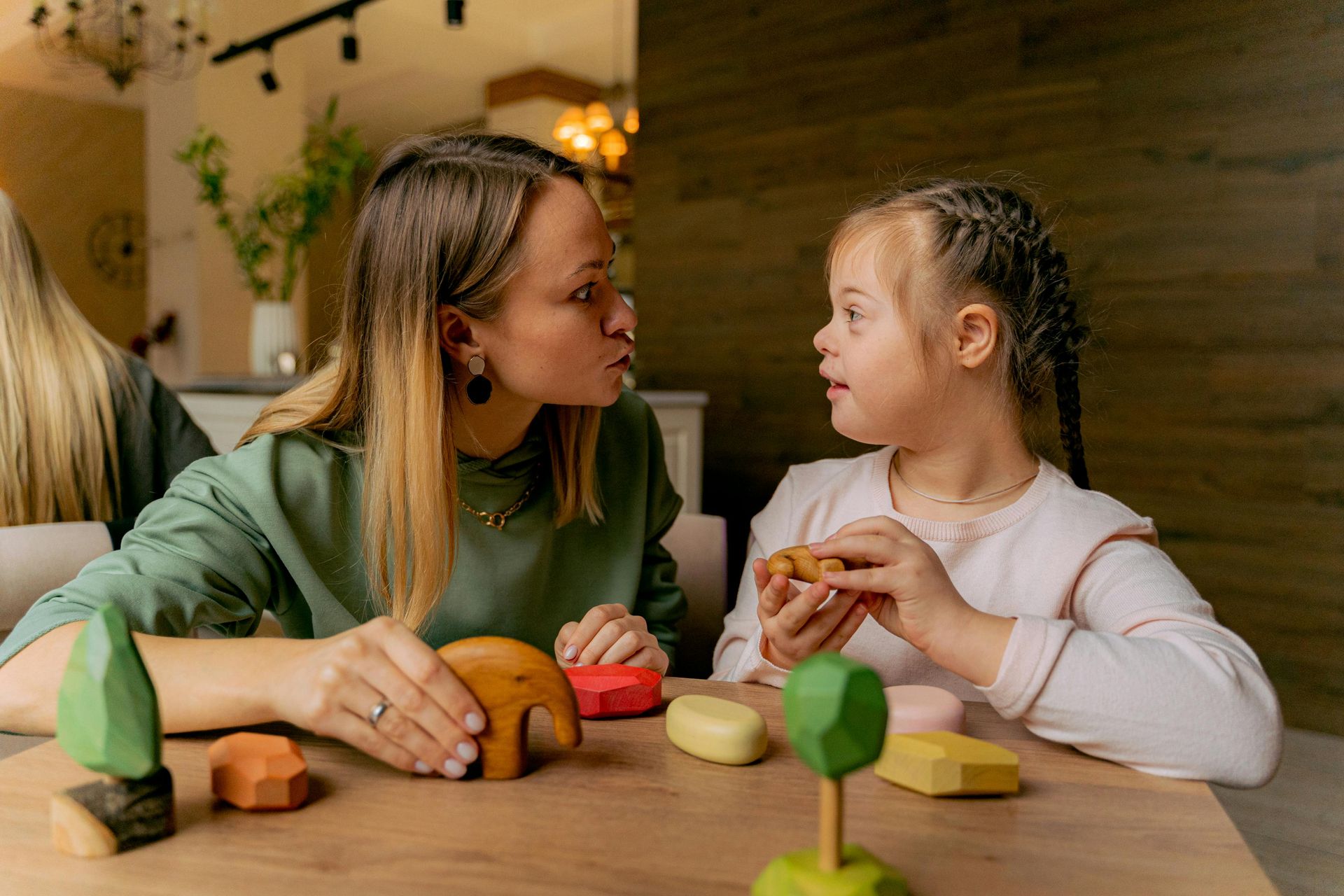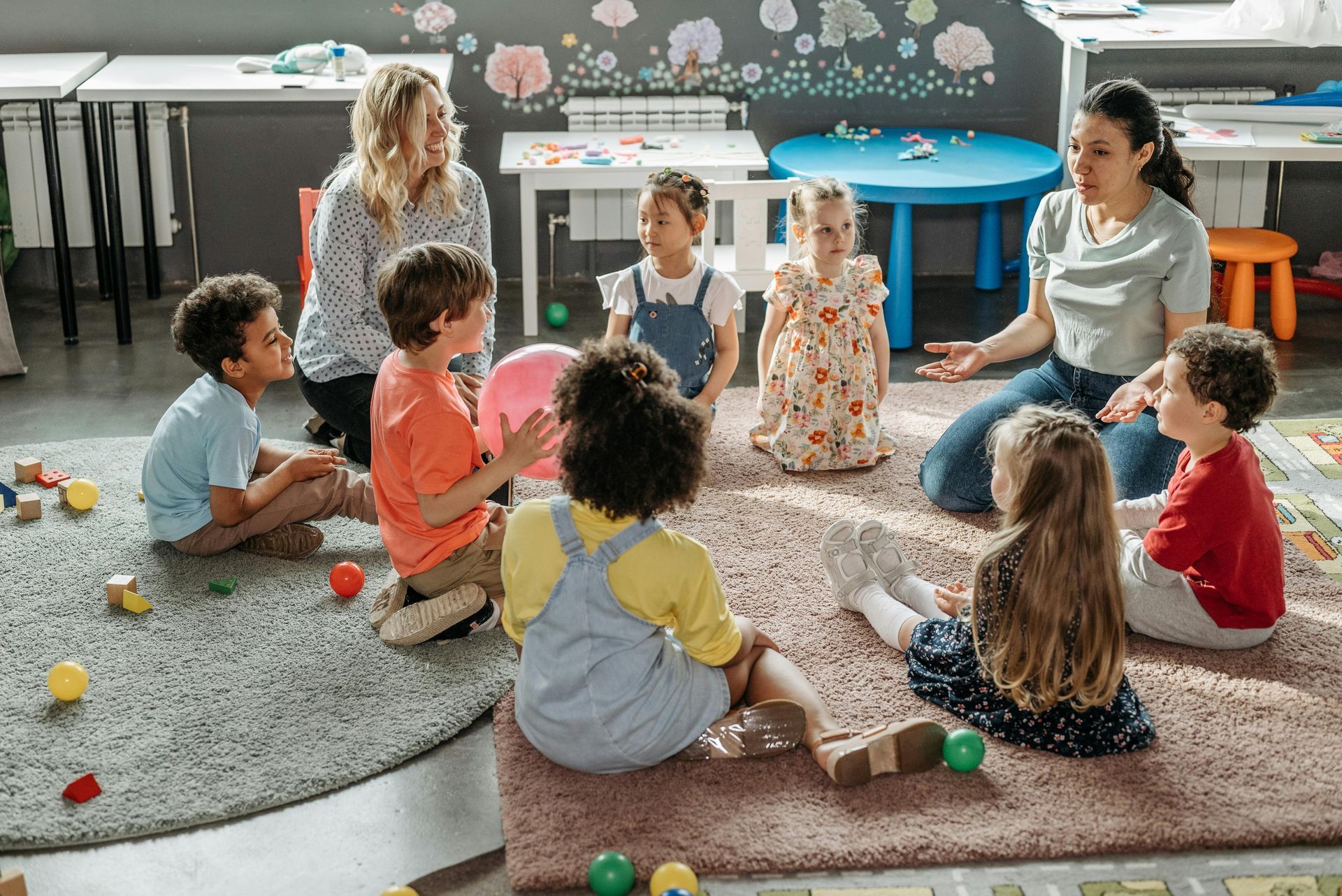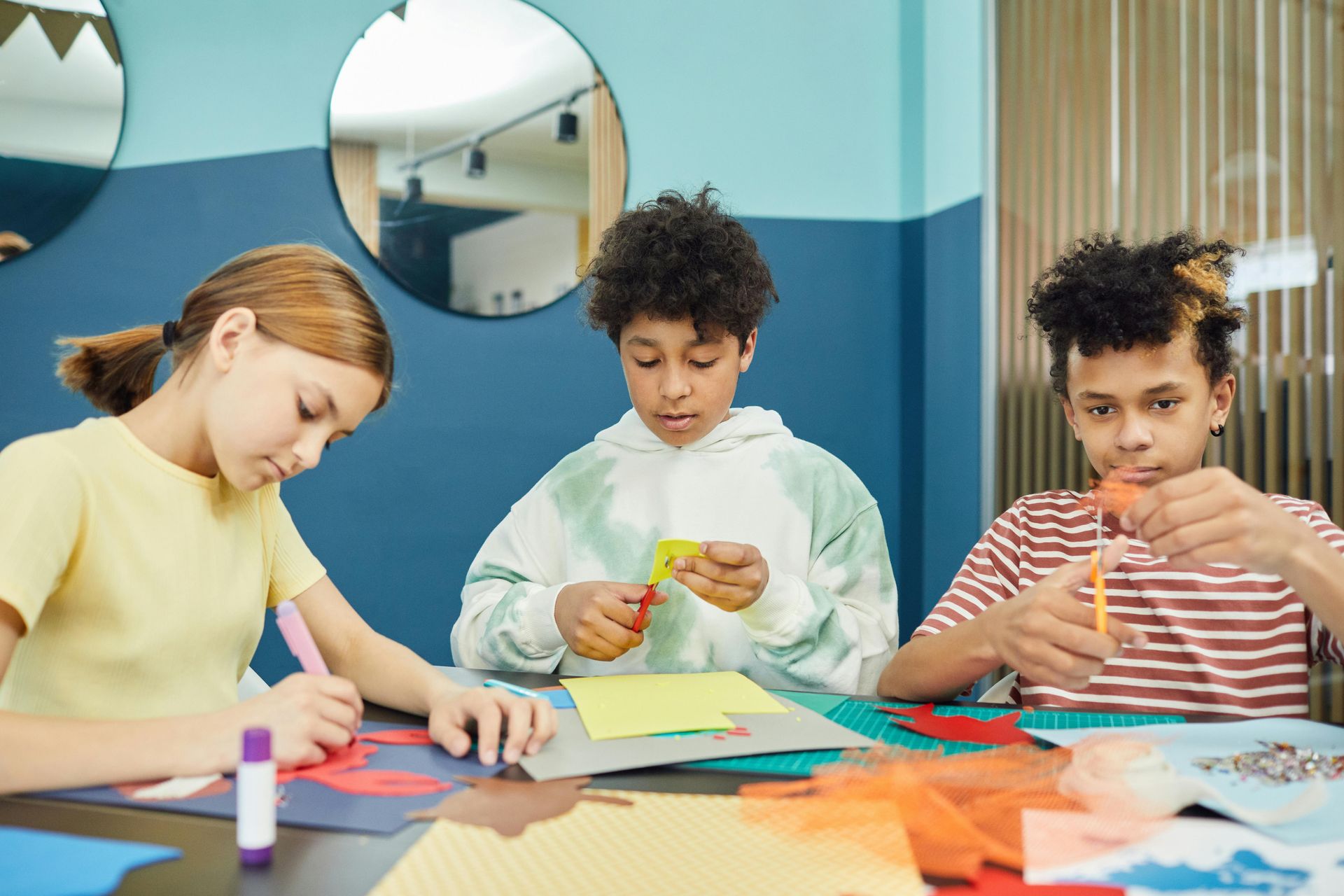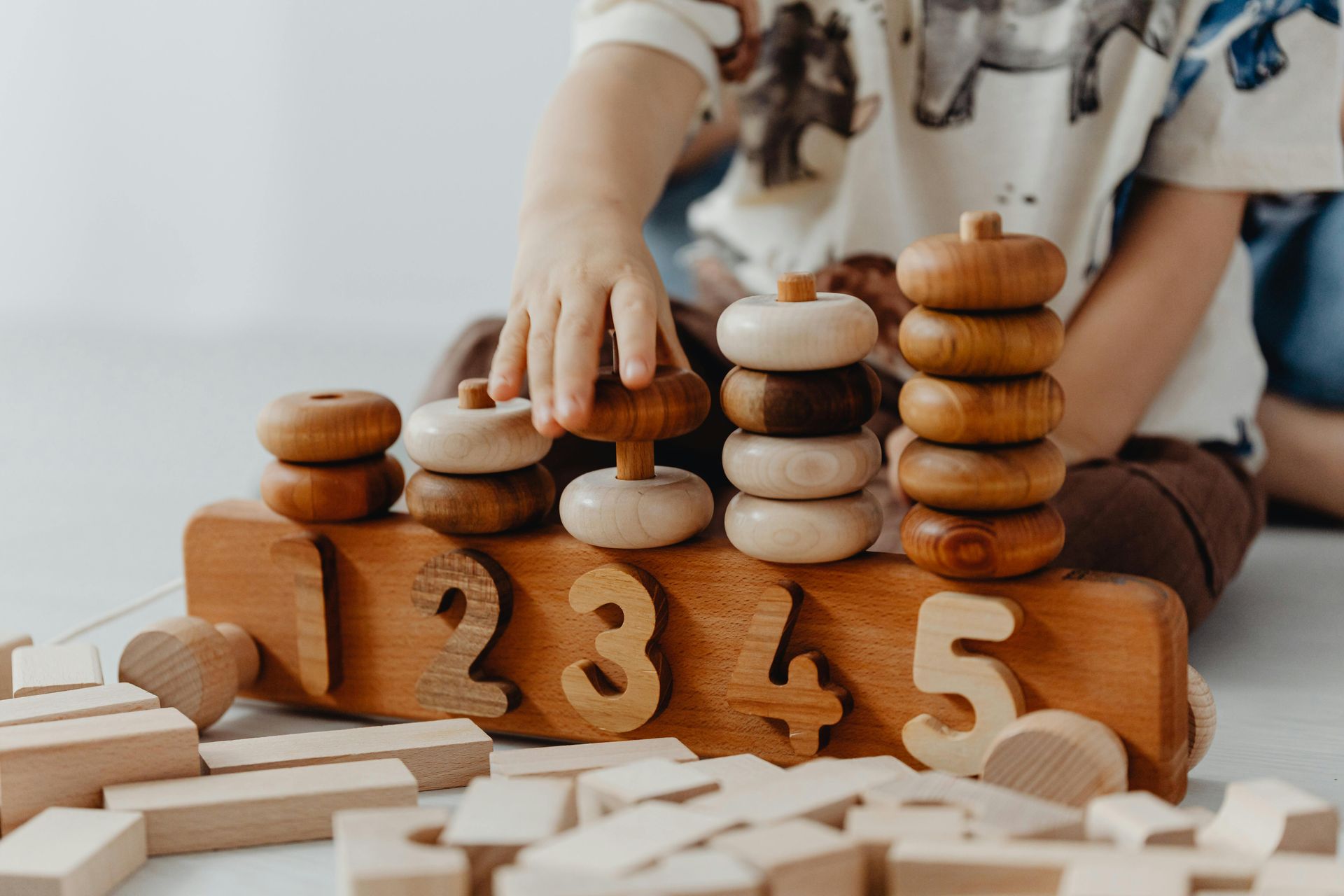Fostering Independence in Preschool: The Key to Building Confidence and Self-Esteem

Independence is a cornerstone of childhood development, and fostering a sense of autonomy early on can have lasting effects on a child's confidence, self-esteem, and overall well-being. As children move through their preschool years, they begin to navigate the world around them with increasing curiosity and confidence. At Kid’s Avenue Learning Center, we recognize the importance of encouraging independence at every stage of a child’s early education. By providing opportunities for children to make decisions, solve problems, and take ownership of their learning, we help them develop the essential skills they need to thrive both in school and beyond.
Why Independence Matters in Early Childhood
Developing independence is crucial for children as it allows them to become more self-reliant and take responsibility for their actions. Independence helps children build a sense of competence and control over their environment, which in turn contributes to their overall emotional development. As children gain independence, they also develop problem-solving skills, perseverance, and self-discipline—qualities that are essential for success in later academic and social settings.
When children are encouraged to take initiative and make choices, they develop confidence in their abilities. At Kid’s Avenue, we believe that fostering independence doesn’t just mean allowing children to do things for themselves—it’s about creating an environment where they feel empowered to explore, make decisions, and learn from their experiences.
The Role of Teachers in Encouraging Independence
Teachers at Kid’s Avenue play a key role in supporting children’s independence. While our educators provide guidance and structure, they also create opportunities for children to take the lead in their learning experiences. Teachers encourage children to make decisions in their daily routines, whether it’s choosing a book to read, selecting an activity to participate in, or deciding how to solve a problem with a peer. By giving children the freedom to make choices, teachers help them develop a sense of ownership and responsibility for their actions.
In addition to providing opportunities for decision-making, teachers also provide age-appropriate challenges that help children build their skills and problem-solving abilities. For example, a teacher might ask a child to figure out how to tie their shoes or complete a simple puzzle on their own. These challenges allow children to build resilience and a sense of accomplishment, which boosts their confidence.
Creating a Safe and Supportive Environment for Independence
While fostering independence is essential, it’s also important that children feel safe and supported in their efforts. At Kid’s Avenue, we create a nurturing environment where children know that it’s okay to make mistakes and learn from them. We encourage children to take risks and try new things, knowing that their teachers and peers are there to offer support and encouragement.
A key component of fostering independence is providing children with the tools they need to succeed. This might mean having materials that are accessible and easy for children to use, such as self-serve snack areas, low shelves for books and toys, and child-sized furniture. By creating an environment that allows children to be self-sufficient, we help them develop the skills necessary to navigate their world with confidence.
Developing Self-Help Skills
One of the most important aspects of fostering independence in preschool is teaching children self-help skills. Self-help skills are essential for daily living and contribute to a child’s ability to take care of themselves. These skills include tasks like dressing themselves, washing their hands, brushing their teeth, and cleaning up after activities.
At Kid’s Avenue, we provide children with the opportunity to practice self-help skills throughout the day. We encourage them to take responsibility for their personal hygiene, help set the table for meals, and clean up after playtime. By practicing these tasks regularly, children become more competent and confident in their abilities, which helps them develop a sense of autonomy.
Problem-Solving and Critical Thinking
Fostering independence also involves helping children develop problem-solving skills and critical thinking. Children who are encouraged to think for themselves and solve problems independently are more likely to develop resilience and perseverance. At Kid’s Avenue, we integrate problem-solving opportunities into daily activities, such as encouraging children to figure out how to build a structure with blocks, resolve conflicts with friends, or find creative ways to complete a task.
Through these experiences, children learn that they can overcome challenges on their own, which boosts their self-confidence and reinforces the importance of persistence. Whether it’s figuring out how to solve a puzzle or negotiating with a peer, problem-solving opportunities help children develop essential skills for independence.
Building Social Independence
While fostering personal independence is important, social independence is equally crucial in early childhood. Social independence refers to a child’s ability to navigate social situations, interact with peers, and take on leadership roles within a group. At Kid’s Avenue, we provide opportunities for children to practice social independence by encouraging group activities, cooperative play, and shared responsibilities.
Children are encouraged to take the lead in group activities, whether it’s leading a circle time, directing a collaborative project, or helping a peer solve a problem. These experiences help children develop the confidence to interact with others and take on leadership roles, contributing to their overall social development.
Supporting Independence at Home
Fostering independence in preschool extends beyond the classroom. Parents can play a crucial role in supporting their child’s independence at home by providing opportunities for them to take responsibility and make decisions. Simple activities like allowing children to choose their clothes, set the table, or help with chores can promote independence and build self-confidence.
At Kid’s Avenue, we encourage parents to continue supporting their child’s independence by offering guidance and encouragement in everyday tasks. By working together, parents and teachers can create a consistent approach that fosters independence in both the home and classroom settings.
At Kids Avenue Learning Center, we explore the role of play in cognitive development and how it supports brain growth, while also offering strategies for supporting emotional regulation in preschool to help children manage their emotions effectively.
Conclusion
Fostering independence in preschool is essential for building a child’s confidence, self-esteem, and problem-solving abilities. At Kid’s Avenue Learning Center, we are committed to providing children with the opportunities and support they need to develop a strong sense of autonomy. Through decision-making, self-help skills, and problem-solving, children learn that they are capable of navigating the world around them with confidence and resilience. By encouraging independence, we help children build the foundation for a lifetime of growth and success.





















